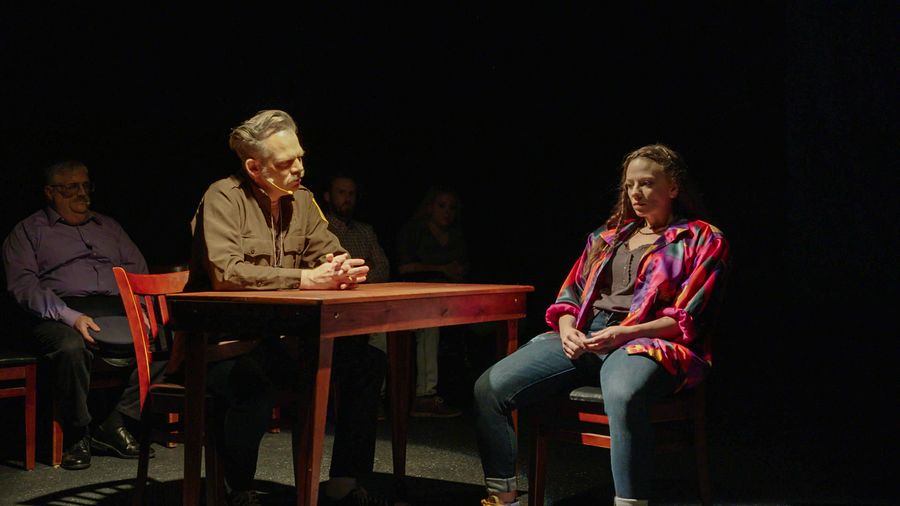Ever since ancient Greek dramatists began probing questions of collective guilt, unwinnable wars, and ungovernable women, theatre has served as an arena for the examination of thorny public issues. This ancient practice gets a contemporary reboot in Mind Over Murder, a documentary series about a controversial criminal case in Beatrice, Neb., that climaxes in its sixth and final episode with the performance of Gage County, NE, a play about the case drawn from court records and other primary sources. Director Nanfu Wang intended from the outset that the play would be an integral part of her film, now streaming on HBO Max, and she convinced the film’s producers, Vox Media Studios, to commission a script and subsidize a stage production in Beatrice with a cast composed entirely of local residents.
It was a risky move. More than 30 years after 68-year-old Helen Wilson was raped and murdered in her downtown apartment, the case and its aftermath remained a bitter source of contention in Beatrice, a town with a population close to 12,000. Six people were convicted of the crime in 1989, in large part because five of them had confessed. Then, in 2008, DNA testing of the physical evidence implicated another suspect who had died years earlier. A new investigation further concluded that the original five confessions were false, and had been prompted by threats of the death penalty, coaching by the interrogator, and dubious “recovered memories” elicited by a police psychologist. The Beatrice Six were exonerated the following year; in 2016 a jury awarded them $28.6 million for civil rights violations. The exoneration and award, though, outraged Helen Wilson’s family and many others in Beatrice, who remained convinced the Six did it. On the other side were people outraged by what they saw as a miscarriage of justice that had put half a dozen citizens in jail for a crime they didn’t commit.
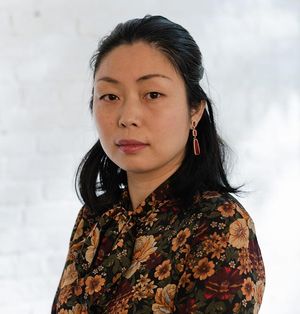
“To me, it felt like this small town and this issue represented the larger social situation in America,” says Wang, who first read about the case in 2017. “Half the community thought they were guilty, half thought they were innocent, and people were so stubborn in their beliefs that they couldn’t have a conversation or engage with the other side in any way, despite all the facts that had been presented and all the investigating that had been done. I started thinking: How do you convince someone of something they don’t believe if facts and reasoning couldn’t do it?”
The answer, she thought, was theatre. Wang and producer Max Heckman agreed that they didn’t want to make a documentary by parachuting into town, doing some interviews, then going away to give an outsider’s view of events. “We wanted to make sure the town had a voice and had agency in this story, that they could share their perspectives and opinions,” Heckman explains. Wang persuaded him that a play performed by a local group was the way to integrate the community into their project.
Luckily for them, the town boasts a long-established theatre: the Beatrice Community Players, a 45-year-old organization with a full-year season that prides itself on the diversity of its programming. The company was understandably hesitant about presenting a play with such obvious potential for backlash. “We went through a long, thoughtful process before deciding to participate,” says Community Players artistic director Jamie Ulmer. “It came down to the fact that this is a story about our community, and who should be telling our story but us?”
It was a move that “took a lot of courage from Jamie Ulmer and his board of directors,” says Cecilia Rubino, the author of several previous fact-based plays, who was hired to write and direct Gage County, NE. “They could have lost all their funders and subscribers.” On the contrary, says Ulmer, local businesses were supportive. Heckman identifies a surprising factor in the Beatrice community’s general willingness to engage with the documentary. “We were just about to start shooting in March 2020 when the pandemic shut us down, and in some ways the six or seven months before we were able to film again were hugely beneficial,” he reflects. “We had more time to sit down with people, hear their concerns, and forge relationships. I’m not sure we would have been able to cultivate the same level of mutual respect if we hadn’t had that time to get to know people without the cameras rolling.”
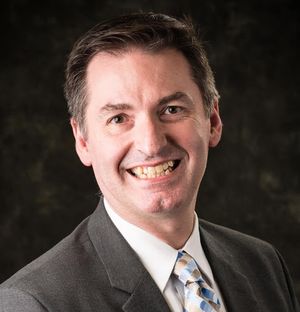
The pandemic enabled Rubino, an associate director of theatre at the New School’s Lang College, to move to Nebraska for rehearsals in spring 2021, and Zoom into the acting fundamentals class she teaches each semester in New York. Wang had audited that class in 2016, in which he observed Rubino and her students create a production of The Laramie Project. “It was an incredible collaboration with that particular group,” Rubino recalls. “We explored questions about what theatre is and how it can function as a communal space of dialogue. It was a template in many ways for Gage County, showing a community grappling with random violence and trauma. It was performed in physical theatre style, using just some chairs and two tables, which transform and become everything. I think it seeded Nanfu’s idea of what theatre can do.”
Wang hoped that Gage County, NE would transform attitudes as well as objects, though at first this ambition was confined to the performers.
“I believe that empathy, putting yourself in another person’s shoes, is transformative,” Wang explains. “My idea was, if an actor steps into a role and really embodies the person they play, regardless of their own prejudices and beliefs, would transformation happen among the cast?” To that end, the extensive auditions included questions about the actors’ opinions on the case; Wang deliberately cast some people who thought the Six were guilty. “I wanted to see, if you come in with this idea, where will you be at the end?” she says.
The script Rubino brought to Nebraska was just a sketch, she says; throughout rehearsals, she incorporated material from her discussions with the actors. “You can’t hear Beatrice, Neb., from a room in Brooklyn,” she comments. “Casting local people who knew something about the case was imperative. I came in and said, ‘Here’s my scaffolding: What do you think? What sounds phony to you? What don’t you like? We’re going to improvise and collaborate.’ They had never worked like this before, and it was a challenge.”
Indeed, the biggest challenge of the project was its ever-evolving script. Rehearsals began while Wang was conducting interviews with the Beatrice Six, Helen Wilson’s family, and others involved in the case, and extracts from those interviews were added to the text on an ongoing basis. “The actors were used to a traditional model, where you get the script at the first rehearsal, and that’s that,” says Ulmer, who knew most of the cast from previous community theatre productions. “This script was in flux almost until we went into tech rehearsals; I would hear, ‘OK, we got 20 new pages today—I was trying to memorize them, and now my speech is gone and I have a new speech to memorize!’”
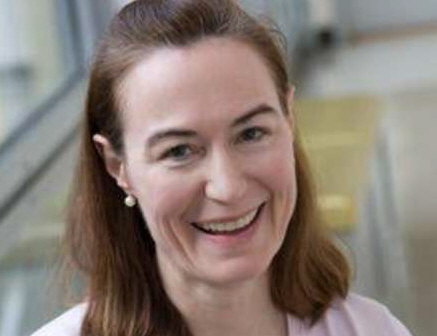
The actors persevered, Rubino believes, because they felt included in the process and hoped the play would be an important step forward for the town. “Initially I didn’t want to be part of this,” says Josh Erikson, an actor playing one of the Beatrice Six. “But I realized it’s not enough to view the story from the outside, especially as a community member. You have to actively help the truth come to light.” His sister Missy Marlatt, also in the cast, is shown in the documentary telling a client at her hairdressing salon, “I don’t want to hurt anybody [but] once you start diving into it there’s a lot of confusion about the actual details. I’m excited about [the production], because hopefully people can take the time to learn some of the actual facts.” Footage shot during rehearsals shows anxious discussions about offensive language that might cause the audience to stop listening. Actors speak of “trying to do justice” to characters they don’t always like.
“They chose to be part of the cast and shape the storytelling because they wanted to make sure the story was told in a way that was healing,” Rubino says. “No one was going to be indicted; everyone would have their moment. I think theatre is particularly designed for multiple perspectives. When you watch television or a film, your point of view is determined by the director. In the theatre, we shut the door, we sit there as a community, and we wrestle with things as a community.”
It was unclear whether Beatrice would come together as a community in the weeks leading up to the first performance of Gage County, NE, in August 2021. “There was a palpable sense of danger in the air,” Heckman remembers. “We show some of the hateful Facebook comments in the series, but there were some really terrible ones we didn’t show. We got a lot of nasty looks in town, and the actors themselves were incredibly brave. We got to go back to our homes; they live there.” The documentary shows Ulmer assuring the cast that there will be a police presence at the theatre during the performances. One clearly terrified actor asks if performers will be escorted to their cars afterward. “What I’m worried about,” says another, “is what happens when you run into someone [next] week.” Another adds, “A lot of us have very public jobs where we don’t have a lot of protection.”
“All of us were very nervous,” Wang confesses. “I was not only worried about the actors’ safety, but about all the people I have built relationships with over the years. Would they feel the play truthfully represented their experience? Also, it was the first time that people on both sides were coming together in the same room for many years—the Wilson family had not seen the Six since the trials—and these people have strong emotions about each other. I was roaming around the theatre worrying: Is there going to be a physical fight? Will we even be able to start the performance? What if someone is heckling or someone gets up and leaves?”
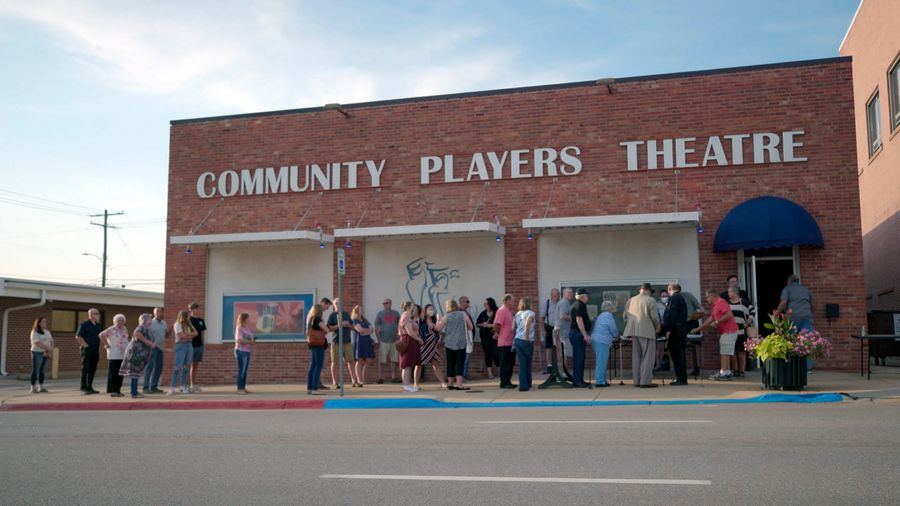
Instead, in the series’ moving denouement, a hushed audience listens attentively as interrogation scenes make palpable the questionable tactics used to obtain confessions, while choral scenes give voice to the townspeople’s conflicting thoughts and feelings about the case. You see members of Helen Wilson’s family sit in the audience, revisiting their grief and struggling with new information. After an actor playing the police psychologist states that two of Beatrice Six identified a third “in a dream,” one audience member closes her eyes and grimaces in disbelief; another has tears rolling down her face. The final scene depicted in the show explodes in a cacophony of arguing voices, silenced by an actor saying, “We can’t quite let it go, because to let it go would mean that everything we believe is totally wrong, and that’s really hard to do.”
“It was electrifying and terrifying; I’ve never experienced an audience so much involved in the story,” remembers Rubino. “We were making theatre change happen within a community. The audience was breathless afterward, and then a standing ovation.” Following the performance, we see members of the Wilson family and the Beatrice Six mingling with and embracing the actors; there are damp eyes everywhere, and the sister of one of the accused stands outside the theatre crying.
“The reception exceeded my hopes,” says Wang. “My initial goal had been to see this transformation of attitudes happen in the cast. To have that happen in the audience was beyond the best I could have imagined.”
“We used this play and every resource we had to bring both sides of the issue into view and to have a conversation,” adds Heckman. “I hope people watching will feel that even when people on opposing sides initially can’t agree, if you give them a venue through which to express their thoughts and feelings, it becomes much easier to have a productive dialogue than when people are just yelling through their information silos. Maybe there’s hope for us as a society and as a country that people can come together, have a conversation, and heal together.”
Wendy Smith (she/her) is a writer based in Brooklyn.

